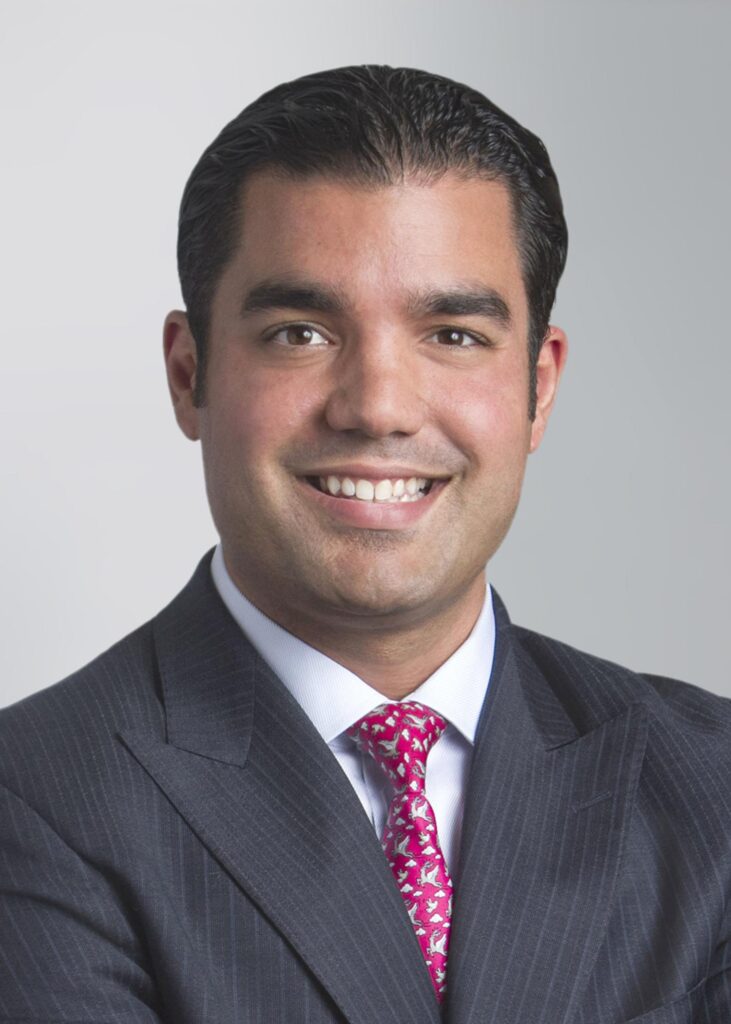By Timothy Q. Karcher, David M. Hillman, Vincent Indelicato, and Charles A. Dale (Proskauer Rose LLP)




There is a growing trend of bankruptcy courts approving structured dismissals of chapter 11 cases following a successful sale of a debtor’s assets under section 363 of the Bankruptcy Code.
A structured dismissal is a cost effective way for a debtor to exit chapter 11 and is an alternative to (a) confirming a post sale liquidating plan, which is expensive and not always viable, or (b) converting the case to chapter 7, which introduces significant uncertainty and unpredictability with the appointment of a chapter 7 trustee to replace management.
In a structured dismissal, a 363 sale buyer can still retain the benefits of their “free and clear” sale order, and the estate retains whatever benefit may have resulted from the sale. Such benefits may include liquidating assets that might otherwise cause a continued drain on the estate’s limited resources. Similarly, a debtor’s post petition lenders may support entry of a dismissal order that ratifies the court’s prior orders, including any release provided to the post petition lender in connection with the court’s approval of DIP financing. The key takeaway is that the order approving a structured dismissal typically allows parties to retain certain of the benefits of chapter 11, including releases, even if confirmation of a chapter 11 plan cannot be obtained.
While the trend towards structured dismissal may continue to grow, this article highlights a recent decision out of the United States Bankruptcy Court for the Southern District of Texas in which a bankruptcy court denied a request by debtors to approve a sale of their assets to insiders, which was coupled with a request for a structured dismissal.
On January 24, 2024, Judge Christopher Lopez denied the debtors’ motions in SmileDirectClub, Inc. seeking approval of a sale of their remaining assets to their DIP lenders followed by a structured dismissal. The Court denied both motions and the cases were converted to chapter 7.
Click here to read the full article.
